I choose to disclose this about myself because this is part of a larger systemic issue around mental health and illness—people 1) are afraid to talk about it 2) don’t want to talk about it or 3) are shamed when they talk about. So, then, conversations do not happen. Dialogue is not started. Thus, understanding is not happening. It can’t happen. And, I don’t want to be a part of a social construct that supports the silencing of my life, my narrative, because it is an uneasy topic. My role in the academy, as an assistant professor of English Education, I feel, affords me that privilege to speak on behalf of those who cannot. So, I talk about it. When we are afraid to talk about these issues, all people suffer. For me, mental health and support for mental illness is a social justice issue, and I have written about it before. Like other social justice topics, talking about it is uncomfortable. People do not know what to say or how to act. They sometimes say stupid, uninformed, or hurtful things. Even my own parents, who I love dearly, do not always understand how my depression operates within my life.
When I first read that people felt the series (and book) glamorized suicide, I am pretty sure that you would have seen a confused look on my face. I have read this critique over and over on just about every news outlet and magazine. I thought to myself, “Are we watching or reading the same thing?” I have several issues with this characterization. One, the story is not about suicide. The story is one of bullying and the consequences of our actions whether we are aware of them or not. This is also not a story of revenge. I lot of people argue that Hannah Baker’s tapes are a twisted fantasy of getting back at those who hurt her. However, if we think about the story from a literature perspective, we can see that the tapes are just a plot device tool that Jay Asher has used within the story to provide a narrative thread and to keep suspense. In order for it to be revenge, one has to be able to get satisfaction, and it is impossible to do so when one is dead. The Netflix series also does not shy away from the horror of suicide. And it is stated throughout the series (and in the book) that it is Hannah’s choice and hers alone to commit this act. This act has devastating consequences on all that knew her. Neglecting to hear that or gloss over this fact leads to believing her suicide and cassette tapes as potentially a fantasy. But, the final death scene is not fantastical. When Hannah slits her wrists, it is horrific. It is not pretty. It is real. It hurts. It is depicted this way on purpose.
Why do I bring up these classic texts and the strong graphic representations within them? To make a point. Young Adult literature is often thrown under the bus as overly sentimental, overly controversial, overly ________ (insert any negative word here). Yet, classic literature inhabits all of those same qualities without the uproar. And, the movies that stem from them are afforded that same positive view too. I am not, and let me be clear, suggesting we stop teaching any of these aforementioned critically acclaimed texts. I am suggesting, however, that we reframe our view of what 13 Reasons Why is. It is a tragedy. It is in the genre of tragedy, just as much as the plays and stories I just described. We do not consider the canonical texts or films as glamorous stories of suicides because that is not what the stories are about. Neither is 13 Reasons Why.
Falling into Place, by Amy Zhang, By the Time You Read This, I’ll Be Dead by Julie Anne Peters, and Hold Still by Nina LaCour.
- “I found myself glad to have seen "13 Reasons Why". It was engaging, addictive and emotionally direct in many complex ways that made me give this show my respect. Even if it is intended to be a story that is about teen suicide and bullying, it feels more like an exploration, a complex tale about regret, loss, unhingedness, mistakes and recuperation, even though its bleakness can be a bit too much for viewers. There are people like Hannah Baker in the world that need support now and it's important to help them so that they won't have to be through the events that Hannah have been through. We owe them that respect, that integrity, that care, all as much as this show do. So, for one last time, go see the show and understand why. You won't regret it.” ~ 17 year old.
- “Anyone who is offended by the content here, or who seriously thinks that no one under 17 should be watching this, needs to actually TALK to a high school student. If you're offended by the language (which isn't that bad outside of the occasional F-bombs), walk through a high school hallway sometime. I've heard more F-bombs in one five-minute passing period then the entirety of this show. Another complaint I've heard is about the vivid detail of the suicide scene. Yes, it is quite graphic, but it's not tasteless or gratuitous. Netflix and the producers worked closely with actual psychologists who decided that the impact of the scene was important for the viewer to see. It doesn't glamorize suicide or make it look appealing in any way.” ~ 15 year old.
- “Overall, I think this show was very well put together. First, it sparked many conversations with my family and friends about suicide that I think wouldn't have had come up otherwise. Second, the show is very realistic, unlike shows like Gossip Girl, and really highlights some high schooler's experiences. (notice that I say "some" as this show is fiction and can not be related to everyone's experience.) They do this by showing that teens do not usually go to their parents for help and often curse. Secondly, the show is very eye opening. Kids often cyberbully/bully each other and this show really shows the effects that can have on kids and teens. This show also puts a spotlight on the effects of suicide and makes teens see that words can hurt. Lastly, many people are saying that this show is too graphic. However, I think many people forget that this show is rated MA (mature). The show also has warnings before some of the episodes that tell people that there will be graphic situations in this episode. Putting warnings is not mandatory but the makers of the show went out of their way to put them there. I know this review is getting long, but please listen to your kid if they want to watch this show. Kids are actually very smart and know if they can mentally handle something.” ~ 13 year old.
- “Not only does it portray serious issues in the world, but there is a lot of drinking, some make out scenes, and language. I am quite outraged, I saw a news report saying that "13 Reasons Why should not be shown without parental advisement," etc. The fact that it is realistic should be enough reason to let a 13+ teen watch it. Many parents believe that kids in middle school are innocent, 8th grade 13 year olds. And well, that is not true. I guarantee a vast majority of 13 year olds, maybe even 12 year olds, know about drugs and sex. 13 Reasons Why is a beautiful book and show. It reveals all these issues in the world, such as rape, drugs, and violence. As a 13 year old girl, I hope this shows people what school is REALLY is” ~ 13 year old.
- There is no such thing as tough topics-- just real topics that happen to real people.
- Never assume that you don't have students in your classroom who haven't experienced these real issues or don't know people that have.
- You have to confront your own issues about race, sexual orientation, gender, socio-economic status, mental health etc. before you can begin to open up your classroom to the world of others.
Call 1-800-273-TALK (8255) anytime if you are in the United States. It’s free and confidential.
Find more resources at http://13reasonswhy.info
Find out how you can help someone in crisis at http://www.bethe1to.com
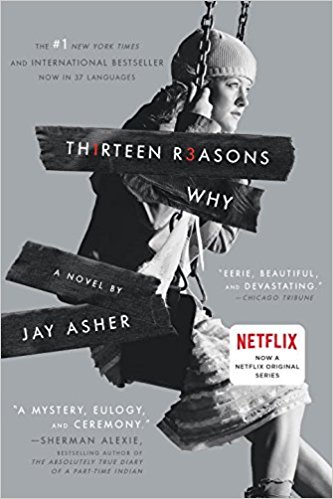
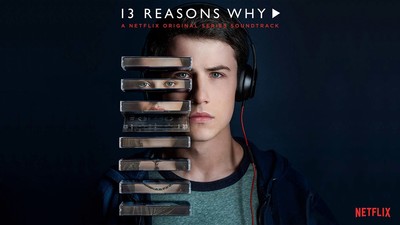
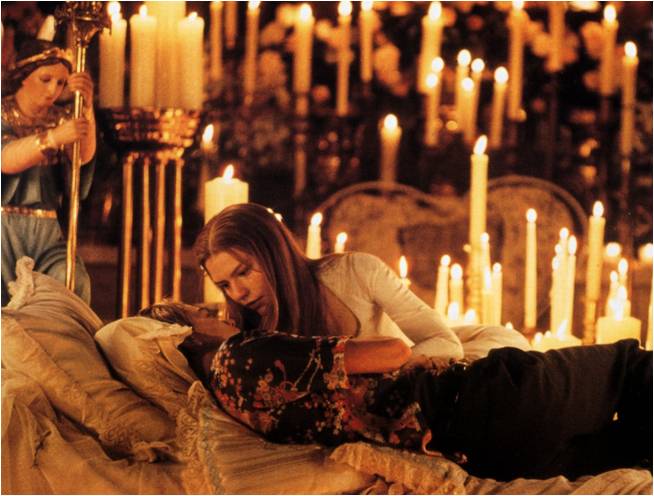
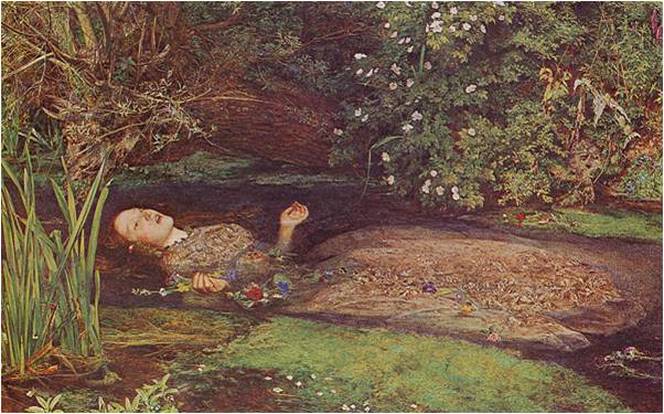
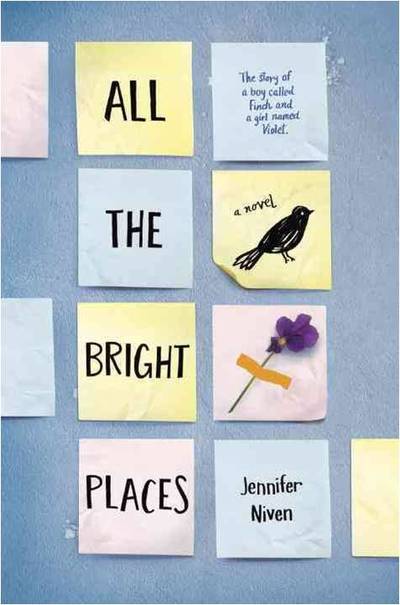
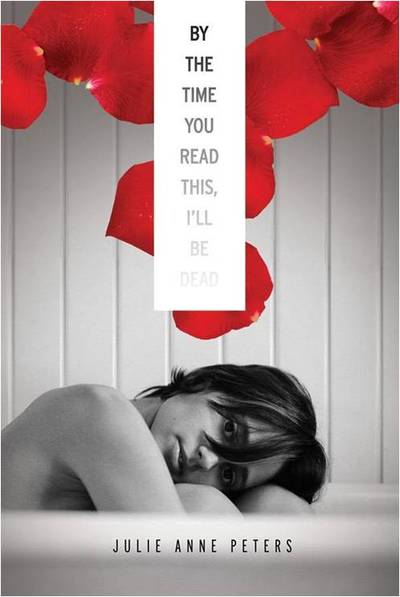
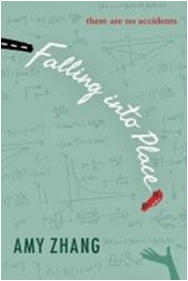
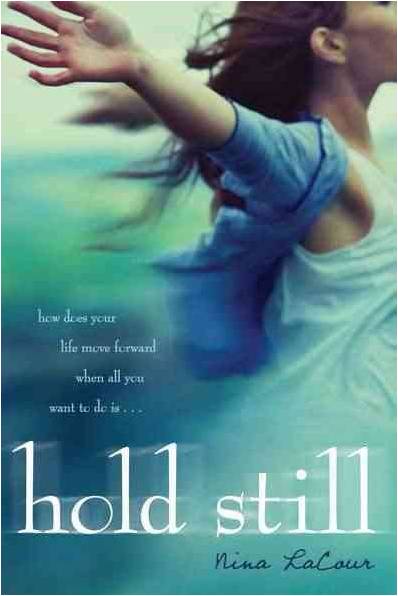
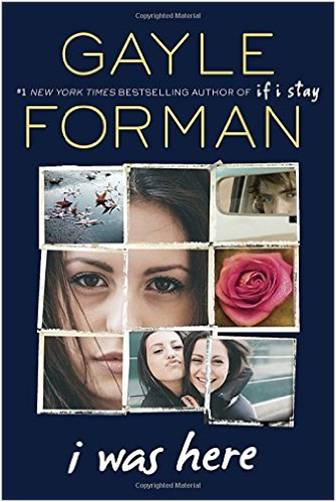
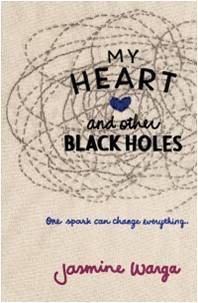
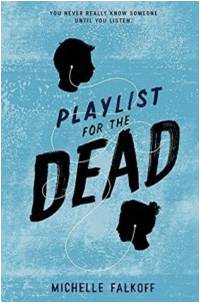
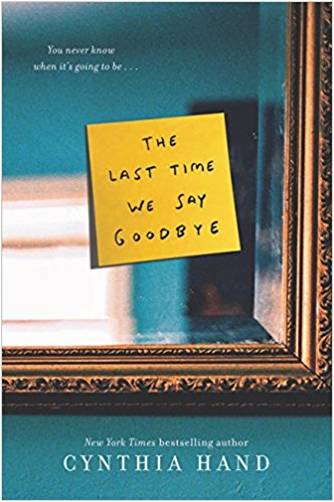

 RSS Feed
RSS Feed